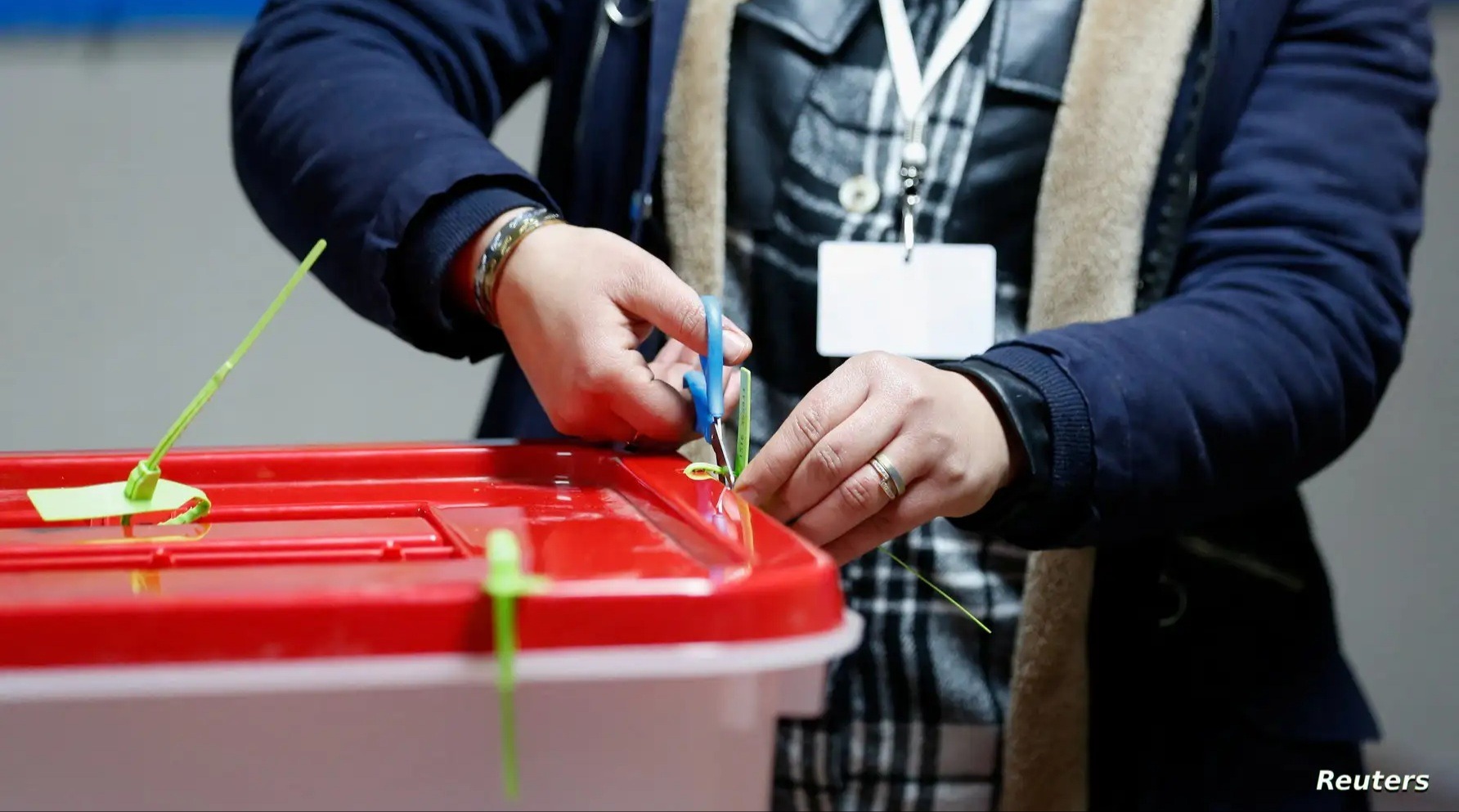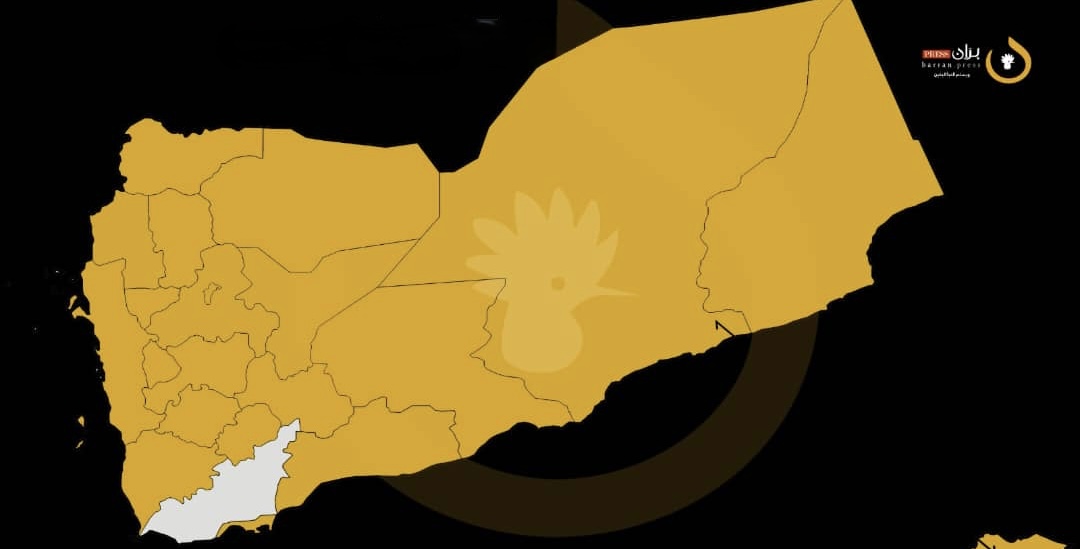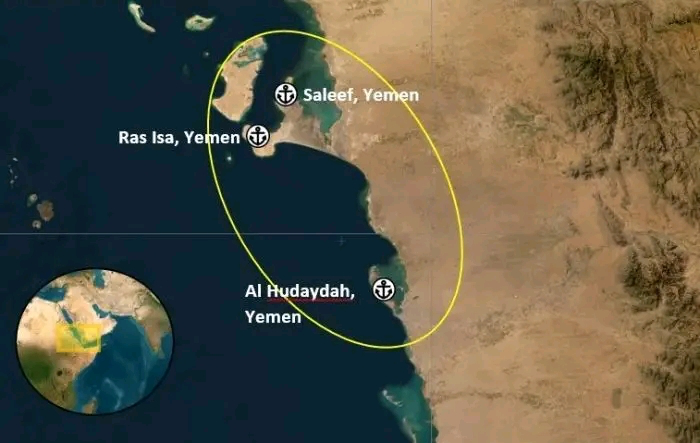
Barran Press
The filing period for Tunisia's upcoming presidential election, scheduled for October, officially began on Monday with the submission of a candidacy by daily laborer Fathi Krimi, according to local media reports.
The Independent High Authority for Elections (ISIE) received Krimi's application, making him the first candidate to register for the presidential race. Krimi previously ran for president in 2019 while working as a security officer for the Ministry of Interior, before being dismissed.
In an interview with "Radio Jawhara FM," Krimi, 59, stated his reason for running was to implement his ideas for achieving social justice. He acknowledged that his application was incomplete, lacking a document proving his nationality on his paternal side and a sufficient number of endorsements (currently at 5,000). He assured that he would complete all necessary documentation before the deadline.
The filing period will remain open until August 11.
Several political figures and activists have announced their intentions to run for president, including former minister under President Zine El Abidine Ben Ali, Monzer Zenaidi, former presidential advisor Kamal Al-Akrout, and rapper Karim Gharbi, known as "Kadorim," according to AFP.
President Kais Saied has announced his candidacy for a second term, stating his desire to "continue the struggle in the national liberation battle." He claims this decision fulfills his "sacred national duty."
Saied has held a monopoly on power since the summer of 2021, having amended the constitution in 2022 to grant himself extensive authority and the ability to make decisions unilaterally.
Numerous Tunisian and international human rights organizations have criticized what they perceive as a "decline in freedoms" in the country.
On Friday, Amnesty International expressed "concern about the severe deterioration of rights" in Tunisia since Saied began consolidating power, following the country's 2011 Arab Spring protests.
The organization estimated that "government repression is fueling fear instead of serious discussions about a pluralistic political landscape." They denounced "arbitrary arrests" of opposition figures, "restrictions and judicial persecution" against some candidates, and the imprisonment of journalists.





